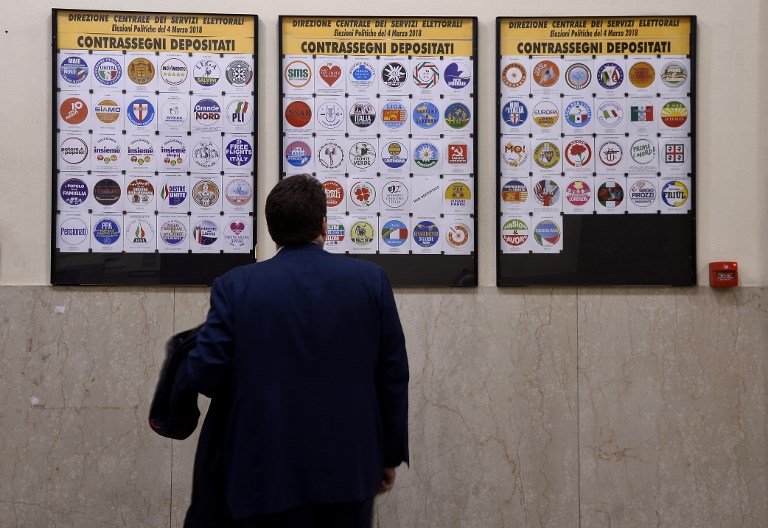In the aftermath of the 2022 Italian legislative elections, but also during the entire electoral campaign, several claims were made that much of the electoral support for the Five Star Movement had been triggered by the ‘Reddito di cittadinanza’ – the welfare policy introduced in 2019 by the yellow–green government. This research note first distinguishes between distributive politics and policy voting, and then explores the empirical relationship between the geographical provision at the municipal level of the citizenship income and the vote for the party led by Giuseppe Conte. While traditional multivariate analyses fail to reveal any spurious relationship, matching techniques help highlight the absence of any causal relationship between the two variables.
Marco Giuliani (2023). Did the citizenship income scheme do it? The supposed electoral consequence of a flagship policy. Italian Political Science Review DOI: 10.1017/ipo.2023.19




